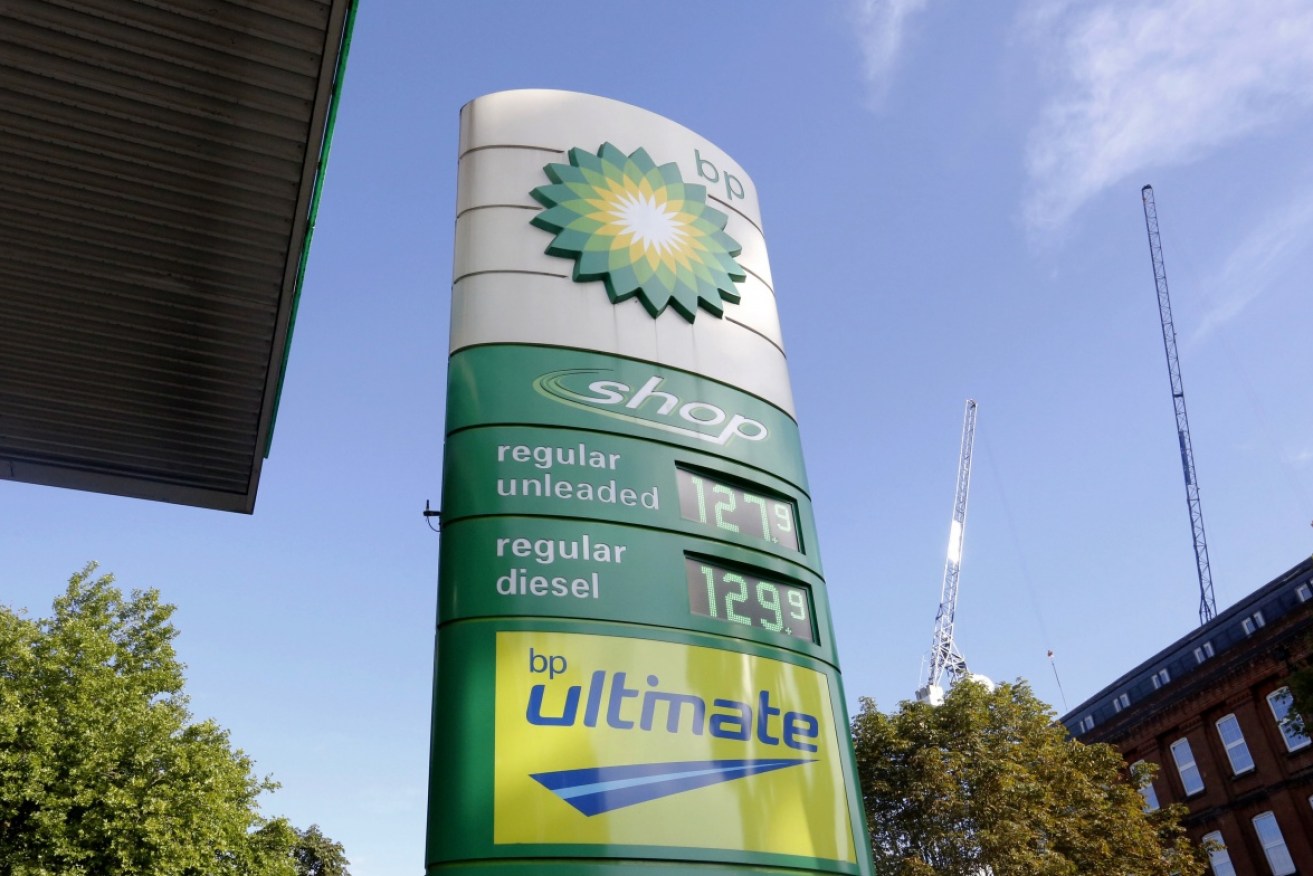Consumer watchdog worried petrol will rise if BP buys Woolworths service stations


Ten BP filling stations around Sydney and Melbourne will trial the project. Photo: AAP
Australians could be forced to pay more for fuel if BP’s proposed $1.8 billion acquisition of Woolworths petrol stations is given the green light, the consumer watchdog warned.
The Australian Competition and Consumer Commission (ACCC) is concerned the deal could reduce competition and lessen pressure on fuel retailers to keep their prices low in metropolitan areas.
“The transaction would reduce the number of major rivals in fuel retailing,” said ACCC Chairman Rod Sims.
“The transaction could see retailers face less competitive pressure to keep their prices low and as a result, motorists may end up paying more at the pump.”
BP agreed to buy Woolworths’ 543 fuel and convenience stores in December last year, which would add to its existing 350 fuel outlets.
Mr Sims said the loss of Woolworths’ leading influence on the fuel market could further increase petrol prices, if BP does not follow the supermarket giant’s pricing strategy.
“Woolworths appears to influence retail market fuel prices by either leading price reductions, or quickly following other retailers that reduce prices, especially in the downwards phase of metropolitan price cycles,” he said.
“The proposed acquisition removes Woolworths’ influence on metropolitan markets and we are concerned that BP would not follow Woolworths’ pricing strategy. Competition may become softer, costing consumers.”

BP would own 893 petrol stations in Australia if allowed to buy Woolworths’ fuel sites. Photo: Getty
“We are investigating this issue from a metropolitan-wide perspective in the major Australian cities.”
In its most recent fuel price report, the ACCC confirmed that motorists have been hit hard at the bowser this year.
Unleaded petrol sold for an average 129.1 cents per litre in the capital cities between January and March, up 7.1 per cent from December, the ACCC reported.
Of the capital cities, Sydney had the cheapest fuel (124.8 cents) and Perth the priciest (132.1 cents), with Melbourne and Brisbane both over 130 cents during the three-month period. Adelaide residents paid an average 127.7 cents.
The findings were the highest since September 2015, ACCC found.
The ACCC confirmed it will also investigate the effect of the proposed acquisition on hundreds of smaller markets and convenience grocery outlets in the coming weeks.
BP Australia President Andy Holmes said the company would continue to work with the ACCC on the issues raised to get the deal approved.
“We believe that Australian retail fuel and convenience markets are highly competitive and will remain so following the completion of the transaction,” Mr Holmes said in a statement.
The sale would see the oil giant’s share of Australia’s fuel market grow from five per cent to 15 per cent, rivalling competitors Caltex and Coles Express.
In addition to its 350 petrol stations, BP also supply to another 1050 independent sites that use the BP brand.
BP said the service stations set their own prices and compete with the company-owned outlets, and claims it plans to retain Woolworths’ four cent per litre fuel discount offer.
The ACCC has called for submissions from interested parties, with its final decision scheduled for October 26.
– with AAP








